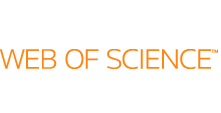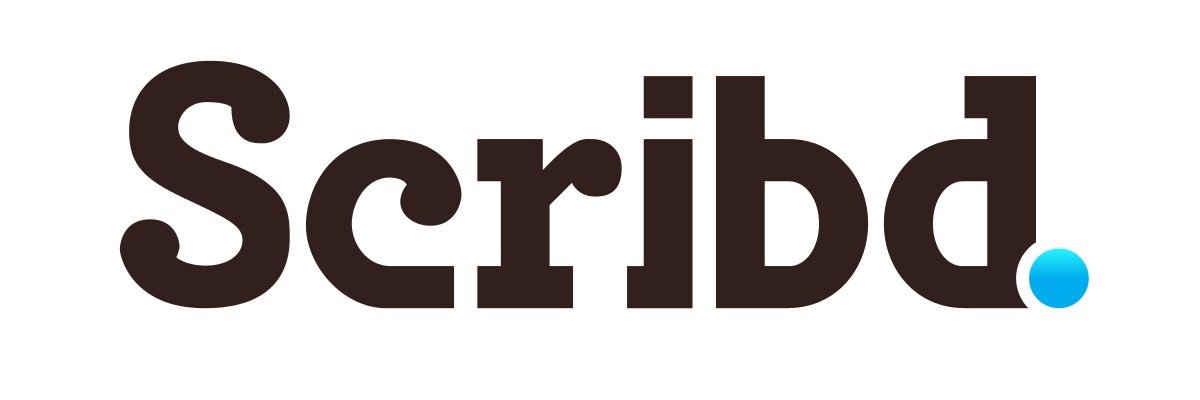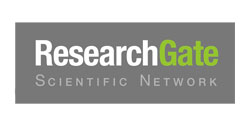Recognizing that NIH‐funded investigators have inadvertently published results in “predatory” journals, the NIH recently issued Notice NOT-OD-18-011 “encouraging” authors to publish in “reputable” journals.
While there are existing detailed guidelines for selecting good journals, here are two easy tips for instantly identifying a predatory journal:
- Look for the indexing statement and logos or icons. Accept only PubMed or MEDLINE, EMBASE, Scopus, Web of Science and other known research indices or databases. Ask an HSLS librarian if unsure. Also, avoid journals touting inclusion in Google Scholar! Predatory journals are retrieved by Google Scholar, making it a poor indexing benchmark.
- Look for the Journal Impact Factor, the h‐index, and other metrics such as CiteScore and SNIP in Elsevier products and the Relative Citation Ratio from NIH. These are validated research metrics backed by published research. Be alert for Google Scholar metrics disguised as Journal Impact Factors. Avoid Index Copernicus and other imposter impact factors. Visit the HSLS guide to Research Impact for more resources on impact metrics.
Test yourself: Is the following statement from a reputable journal?
“The journal has been indexed in Google Scholar, SCOPEMED, Tubitak Dergipark, Index Copernicus, Index Scholar, Index Journal, ISI Index, CiteFactor.”
Refer to the examples below:
Reputable Indices or Databases
| PubMed | |
| Embase | |
| Web of Science |  |
| Scopus | |
| Directory of Open Access Journals (DOAJ) |
Beware these Indices or Databases
| Google Scholar Warning! Predatory journals tout Google Scholar indexing! |
 |
| CiteFactor |  |
| ICI World of Journals | |
| Scribd |  |
| ResearchGate |  |
Impact Metrics used by Predatory Journals
| Google Scholar Metrics |  |
| Index Copernicus | |
| Real-time Impact Factor |  |
| JIFactor |  |
| Research Journal Impact Factor (RJIF) |
As a final backup, Stop Predatory Journals is a useful new website maintained by a group of anonymous academics who resurrected Beall’s lists of predatory (or possibly predatory) journals and publishers. Journals and publishers are listed separately, and new sections have been added covering “Misleading and Fake Metrics” as well as “Hijacked Journals,” making it easy to track legitimate journals whose titles or URLs may have been co-opted by alternative or illegitimate management. This and more resources for assessing publishing quality can be found on the HSLS Scholarly Communication/Publishing Guide.
If you have any questions, or for more information, please e-mail Andrea Ketchum at ketchum@pitt.edu or call 412-648-9757.
~ Andrea Ketchum